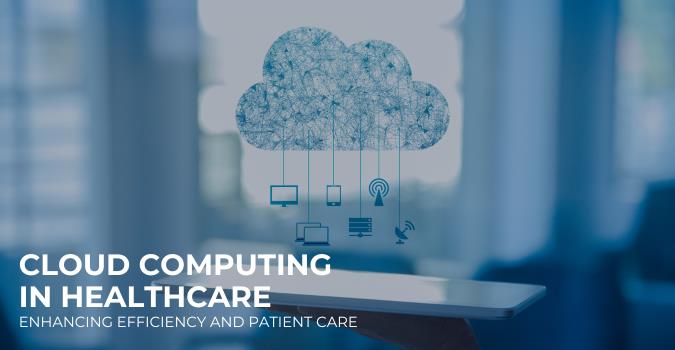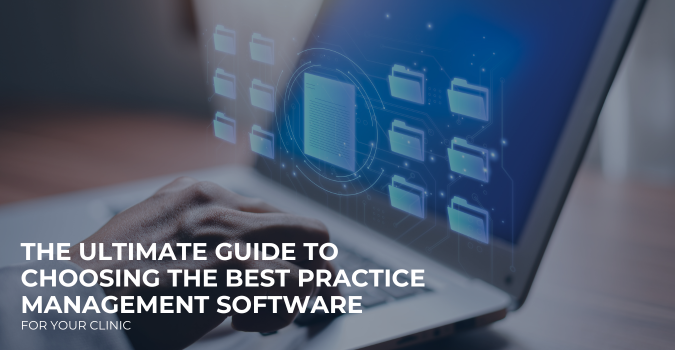In today’s fast-paced digital world, patients expect the same level of convenience and accessibility from…

Cloud Computing in Healthcare: Enhancing Efficiency and Patient Care
Healthcare is one of the fastest-growing industries in the world, and one of the most transformative thanks to technology. Cloud computing is one of the major innovations that is altering the way data is maintained, stored and accessed by healthcare organizations to operate more effectively. Through increased efficiency and improving patient care, this technology is creating a more connected healthcare system.
What Is Cloud Computing in Healthcare?
Cloud computing involves providing IT services such as data storage, processing power and applications over the internet rather than through local servers or devices. In the healthcare sector, it allows organisations to securely store large amounts of patient data, access it instantly and enhance collaboration across teams and different locations.
Key Benefits of Cloud Computing in Healthcare
Better Data Management and Accessibility
The healthcare sector generates vast amounts of data daily, from electronic health records (EHRs) to imaging and lab results. Storing this data on the cloud ensures authorised personnel can access it anytime, anywhere. This reduces delays and supports quicker, more informed decision-making.
Enhanced Collaboration Among Providers
Cloud platforms enable seamless sharing of patient information among healthcare providers. For instance, if a patient consults multiple specialists, the cloud allows all providers to access the same up-to-date medical records, enabling coordinated and comprehensive care.
Cost Efficiency
Building and maintaining traditional IT infrastructure can be costly. Cloud solutions lower expenses by eliminating the need for physical servers and on-site maintenance.
Organizations can scale resources and only pay for what they use, making it a cost-effective option.
Advanced Data Security
Protecting patient information is a top priority in healthcare. Leading cloud providers implement robust security measures, including encryption, multi-factor authentication and regular audits, safeguarding sensitive data against breaches and unauthorised access.
Streamlined Telemedicine Services
Telemedicine depends on reliable technology to connect patients with providers virtually. Cloud computing ensures telemedicine platforms run smoothly, allowing healthcare professionals to securely access and store patient records during virtual consultations.
Real-World Applications of Cloud Computing in Healthcare
- Remote Monitoring: Devices connected to the cloud can track patients’ vital signs and alert healthcare providers to any problems, enabling timely interventions.
- Disaster Recovery: Cloud storage safeguards patient data cyberattacks, ensuring it remains secure and accessible.
- Training and Education: Healthcare professionals can use cloud-based resources to stay informed about the latest medical advancements.
The Future of Cloud Computing in Healthcare
As technology evolves, cloud computing is set to play an increasingly significant role in healthcare. Innovations like hybrid cloud have the potential to optimize health care, making it more patient-friendly, accessible, and streamlined. Cloud computing enables healthcare organisations to streamline operational efficiency, promote collaboration and transform patient care. This transformation isn’t just a technological upgrade—it’s a shift toward a smarter and more interconnected healthcare system.




